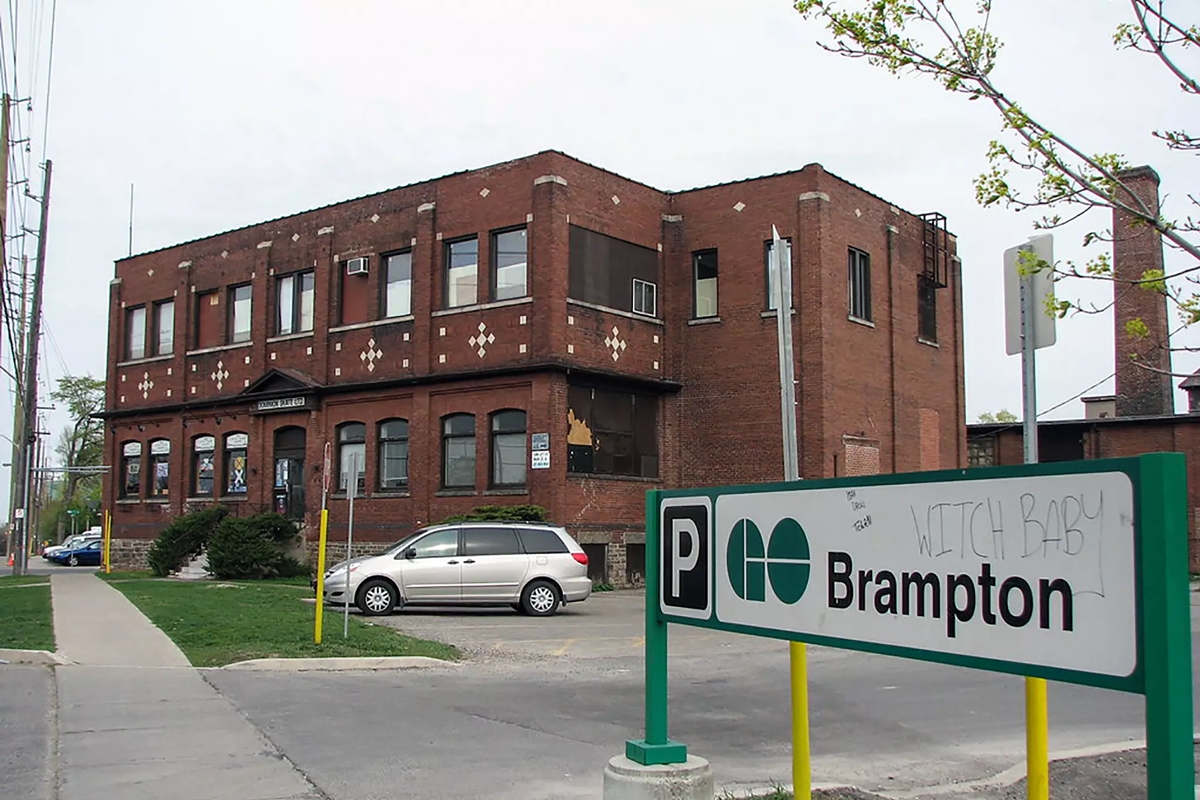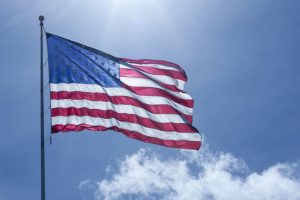In the span of just one week, eight young individuals from the Sikh community in Brampton, Canada, have found themselves in the custody of local law enforcement, facing serious charges related to firearms. These arrests have raised eyebrows and stirred discussions about the Canadian authorities taking a firm stance against individuals involved in such activities.
The arrests have sent ripples through the local Sikh community, sparking various speculations and concerns. It is important to note that the apprehended individuals are all of Sikh descent, and their possession of firearms has triggered these legal actions. However, it is crucial to emphasize that this does not necessarily indicate their affiliation with any particular political or extremist group, such as Khalistani supporters, as stated by an undisclosed source.
Advertisement
The arrests were prompted by reports of gunfire incidents in Brampton, a city in Canada with a significant Sikh population. Upon conducting thorough search operations, law enforcement discovered the presence of firearms in their possession. Interestingly, it appears that information leading to their apprehension originated from a local gurudwara, a place of worship for Sikhs.
The individuals in question, aged between 19 and 26, now face charges related to the ‘possession of loaded or prohibited or restricted firearms.’ Authorities suspect their involvement in a network associated with illicit drugs and illegal weaponry.
Brampton, located in the Greater Toronto Area within the province of Ontario, boasts a substantial Sikh community. According to data from the 2021 census, there are over 1.6 lakh Sikhs residing in this area, constituting nearly 25 percent of the town’s total population, as reported by the Canadian government.
Canada, in general, has one of the largest Sikh populations outside of India’s Punjab region. Brampton, specifically, was in the spotlight previously for hosting a controversial ‘referendum’ by the separatist group Sikhs For Justice. India has banned the group. This referendum, held in September of the previous year, aimed to gauge support for the creation of an independent Khalistan state.
The Indian government had expressed concerns and cautioned its Canadian counterparts against permitting this illegal exercise, but the Canadian government defended it on the grounds of freedom of speech.
















